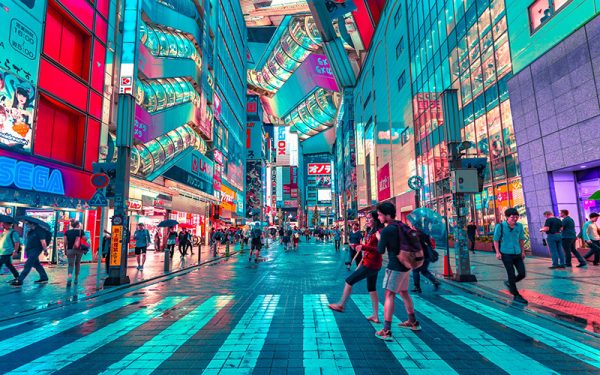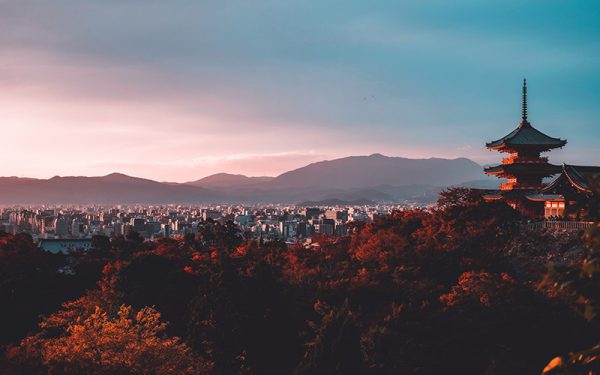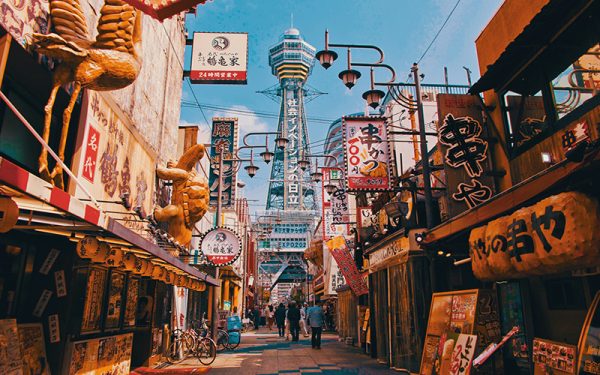Japan
Details
Before visiting any country make sure you know the basics. General details and important information.
- Emergency Services: 110 (police) and 119 (fire and ambulance)
- Language: Japanese
- Currency: Japanese Yen
- Capital City: Tokyo
- Country Code: JPN
- Travel Visa: None required up to 90 days.
- Population: 126,034,040
- Driving: Left hand side
Risk Level
Researching various official sources, we perceive the risk to holiday makers and travellers are as follows;
Travellers Tips
Top travel advice and interesting tip bits of information from experienced travellers.
Japan
When is the best time to visit Japan?
The summer season starts in June with three weeks of heavy rains becoming hot and humid from July onwards. Most tourists choose to visit from this time for the remainder of the summer months.
What are some of the top annual events held in Japan?
New Year (shogatsu)
This is the most important holiday in Japan; they do not celebrate Christmas. While only January 1 is a national holiday in the country, many businesses remain closed all the way through to January 3.
Constitution Day (kenpo kinenbi)
Constitution Day is?a national holiday that falls on May 3. This is an opportunity for Japanese people to celebrate the creation of the new constitution, which was put into effect after World War II.
Respect for the Aged Day (keiro no hi)
Third Monday of September? is a national holiday celebrates the Japanese culture of respect for the elderly and longevity, something becoming more important as the country’s demographic shifts and the population ages.
What are some safety tips to remember when exploring Japan?
Arrange a time and meeting place with your friends if you go off by yourself and a back up plan in case you miss each other. Don’t rely on phones as sometimes there is no signal and calls can be expensive when aboard.
Avoid walking alone at night and keep your bag to a size you can manage easily, if you look like you are struggling you can make yourself a target to opportunists. Look confident as you travel from place to place, looking like you know where your going can help to keep you safe and ward off undesirable attention.
Keep your luggage close at hand at all times and in sight if possible. Do not have your name or address visible on any tags and never leave your luggage unattended. If travelling in a big city study the public transport system, its the quickest way to get around but can be confusing.
Keep your belongings in sight when you are out and about, make sure you don’t carry all your money in the same bag just in case something happens. Using a money belt can give you the confidence that if your belongings do get stolen you will be able to replace items needed and carry on your trip.
What are some common crimes in Japan?
Drug abuse is an almost non-existent problem in Japan and when drugs are used they are normally limited to stimulants. Japanese law enforcement authorities seek to control this problem by working extensively with their international counterparts and by imposing strict punishment on Japanese and foreign offenders. Traffic accidents and fatalities take up most of the emergency services’ time and resources.
The Yakuza are a group that has existed in Japan for over 200 years and the traditional Yakuza were similar to the samurai. Nowadays, Yakuza activities are being replaced by more modern gangs that depend on force and money. Nevertheless, Yakuza like to view themselves as defenders of traditional Japanese principles, sometimes forming alliances with right-wing groups and attracting frustrated youths to their ranks.





